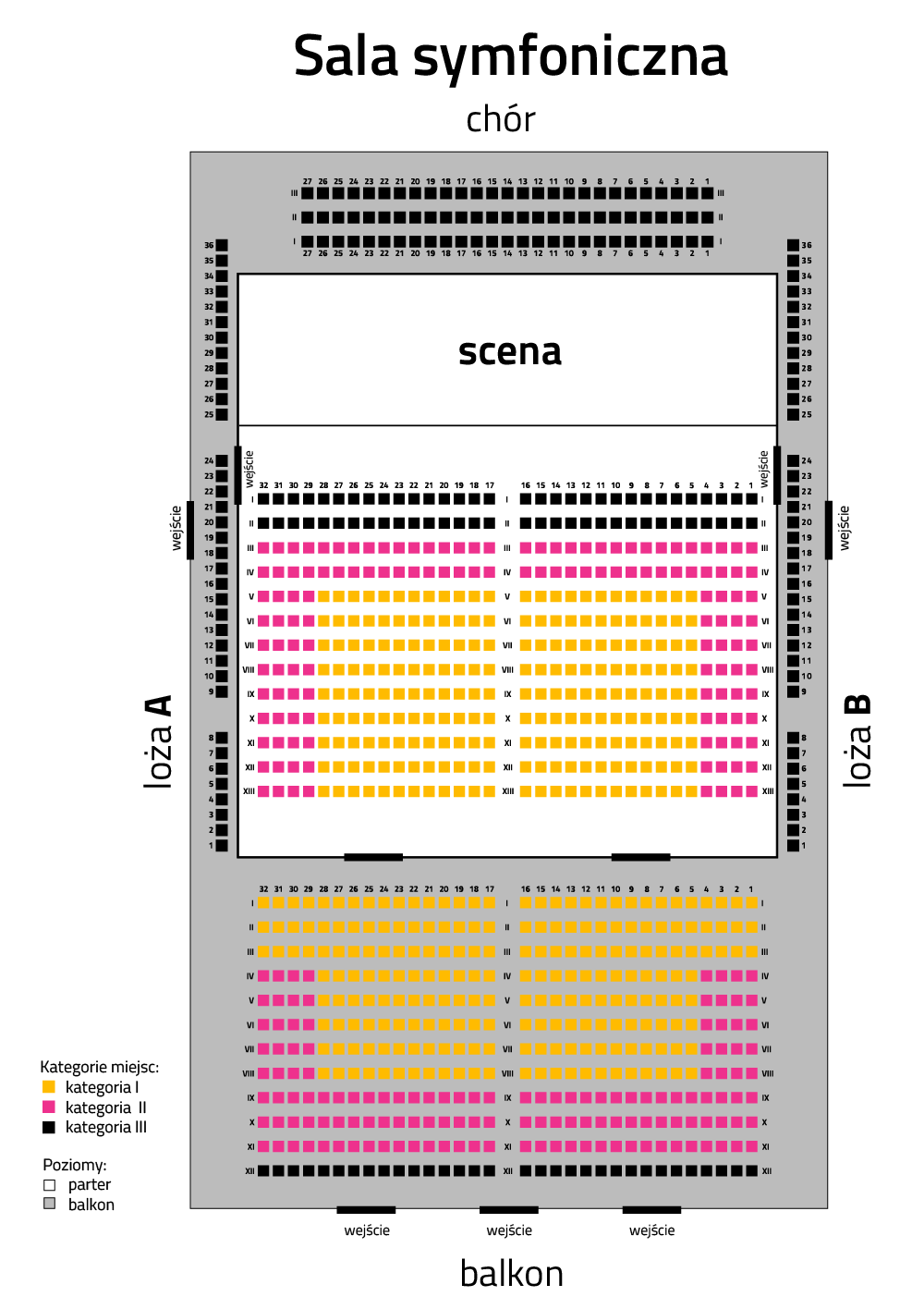Whoever was with us in March this year when we played Mahler's Symphony No. 2? Do you remember the enormous orchestra, the sensational Berlin choir and the musical echoes reaching far, far from the hall? A few months ago, we celebrated the Resurrection. Currently, we are leaning over his next unusual work. It was not Mahler who called his Symphony No.6 "Tragic", but after first performances, it began to gain the fame of one of the darkest compositions of all time.
Gustav Mahler's life story is a story we have heard before. A story about a little boy discovering his talent. A somewhat unruly student, for whom the narrowness of the school bench is a significant limitation of comprehensive activity. A story about a good student taking part in social life. Finally, about a young conductor who, thanks to the titanic work, goes through his career from the head of the fifteen-person orchestra in Bad Hall to the director of the Vienna State Opera. In the end, the acclaimed composer, whose works were banned in a certain period of time, today are one of the most often performed and recorded. An inspirational story about persistence and arduous pursuit of purpose.
One could say that Mahler's biography is defined by his ten symphonies because he had been writing them throughout his entire life. You could... if it was not for Symphony No. 6.
It is 1904. Gustav Mahler had been the director of the Vienna State Opera for seven years. The premieres of his compositions are met with an increasingly sympathetic tone of criticism. Together with his newly married wife, Alma, he is awaiting the birth of his second child. Conflicts with theatre administration employees and an unfavourable press do not seem to bother the composer so much in the good years of his life.
And yet it was in 1904 when Mahler finished writing his Symphony No.6. As Alma recalled, it was such a surprisingly dark and tragic composition that not only their friends or she but also Mahler himself felt uncomfortable with it. As if he did not write it. Although Alban Berg and Anton Webern praised the work, some conductors refused to perform it. According to them, they did not want to touch the impenetrable horror of the inexplicable source that could be felt in this music.
In 1906, as if trying to remove the stigma of darkness from the symphony, Mahler introduced amendments to it. Among other things, he removed the third of the powerful hammer strokes in the last part (as he wrote earlier: "knocking down the proud hero like a dead tree"). However, as later his contemporaries described to him, he could no longer stop the destiny that awaited him. As if under the pressure of dark forces from his own work, Mahler's life was destroyed less than a year later. He lost the position of the director of the opera, and the doctors diagnosed him with a fatal heart defect. His little daughter died...
Did Mahler really subconsciously predict his own fate? Was his work a destiny that he desperately tried to renounce? Are there things in heaven and earth that remain a mystery forever? What does Gustav Mahler's Symphony No. 6 contain in itself?
Exhibition available during event:
Własna wizja świata | Zbysław Marek MaciejewskiZbysław Marek Maciejewski urodził się w 1946 roku. Studiował i uzyskał dyplom na Wydziale Malarstwa Akademii Sztuk Pięknych w Krakowie w pracowni Wacława Taranczewskiego. Z Akademią Krakowską związany był przez całe życie zawodowe, początkowo jako asystent, a następnie jako profesor zwyczajny prowadził pracownię malarstwa na Wydziale Grafiki. W dwudziestą rocznicę śmierci artysty chcielibyśmy przypomnieć Państwu jego twórczość pokazując prace artysty, które znajdują się w prywatnych kolekcjach w Szczecinie i Berlinie.
DETAILS
MAHLER 6
15-11-2019 19:00

Symphony HallFilharmonia im. Mieczysława Karłowicza w Szczecinie
ul. Małopolska 48
70-515 Szczecin

